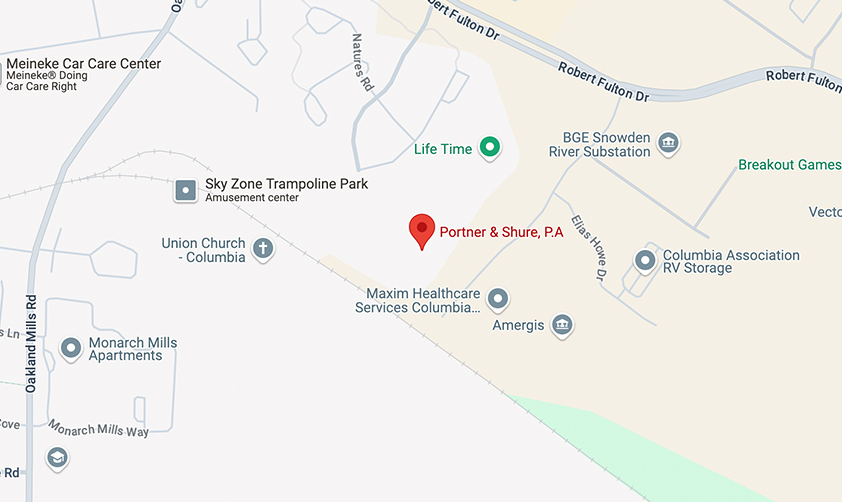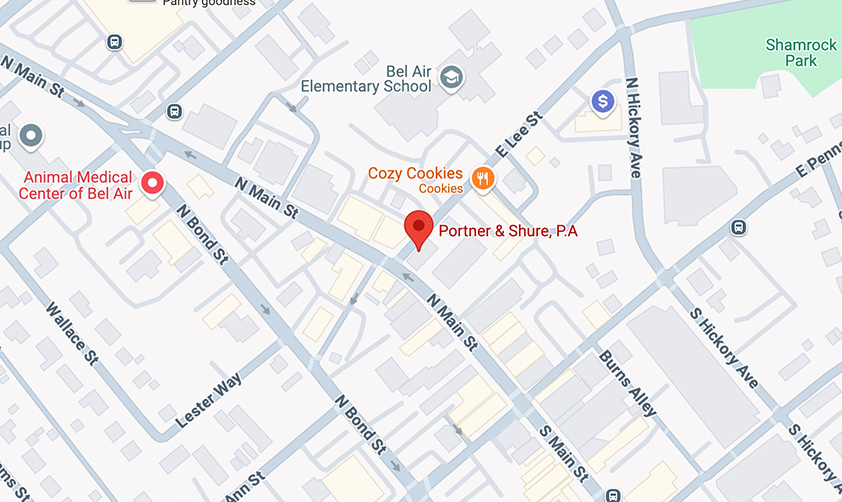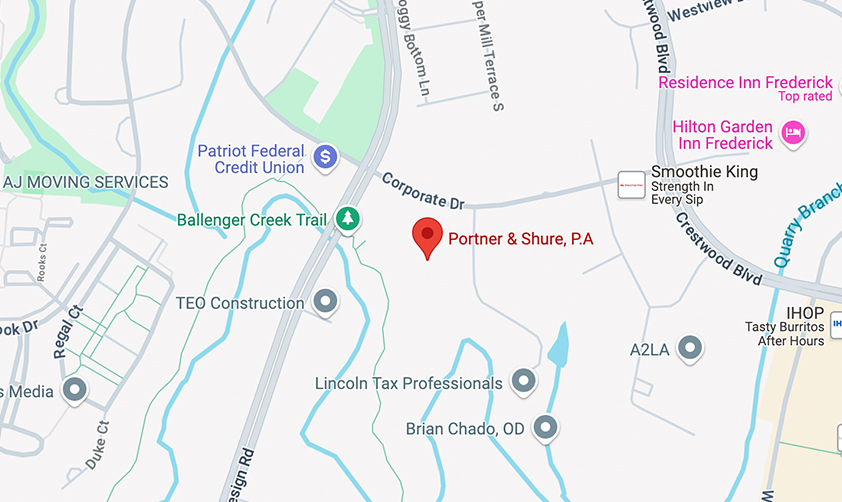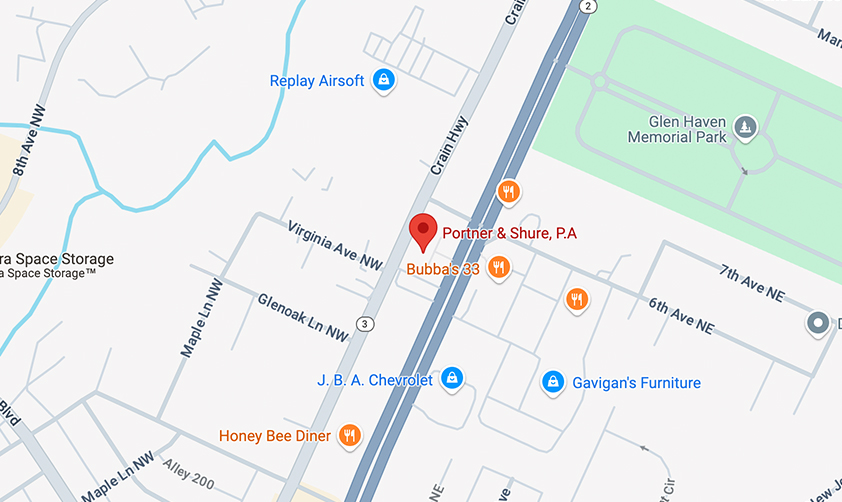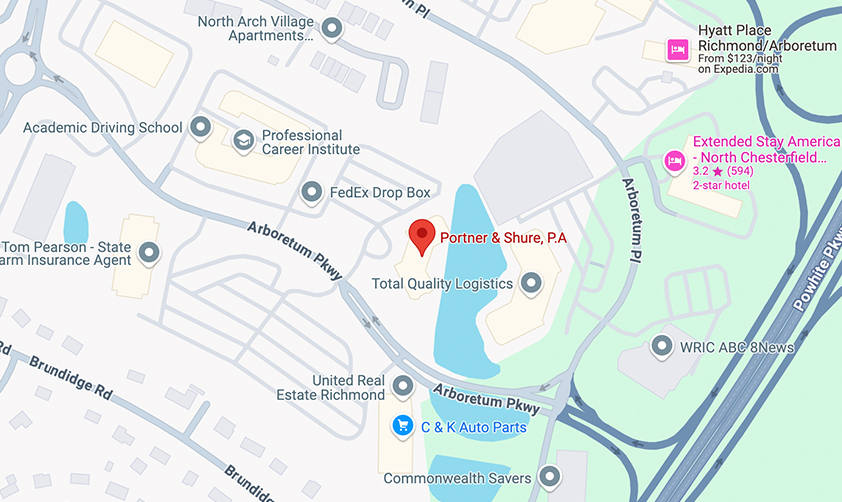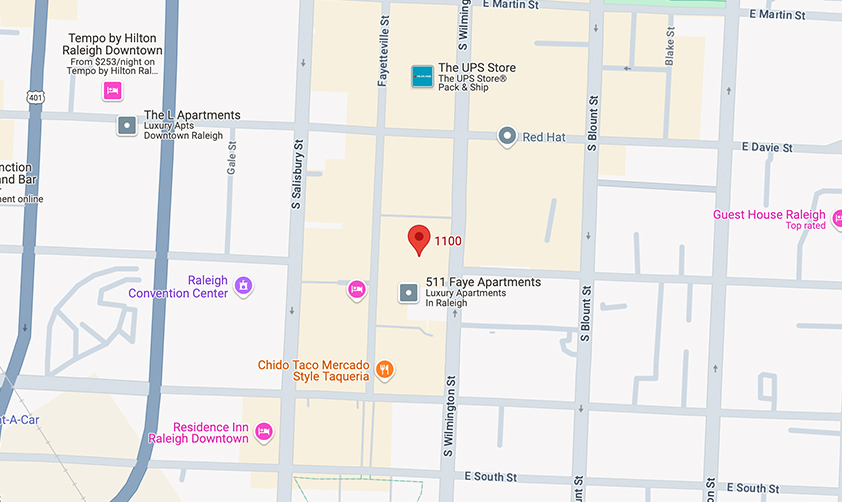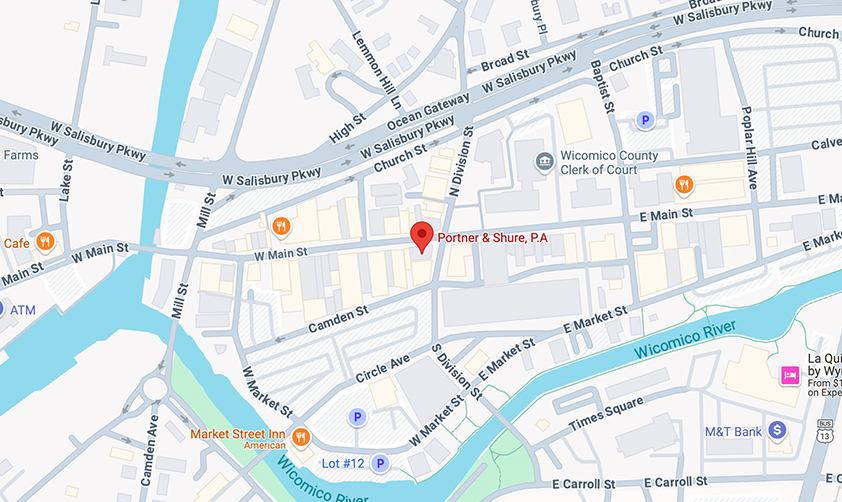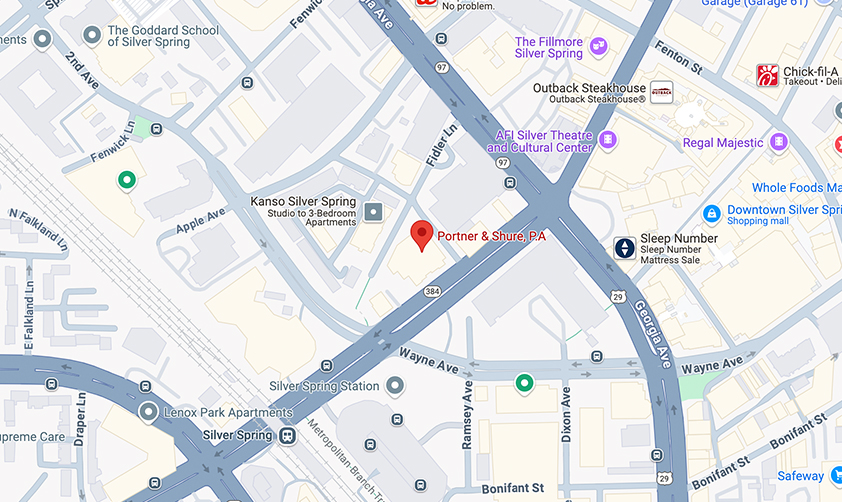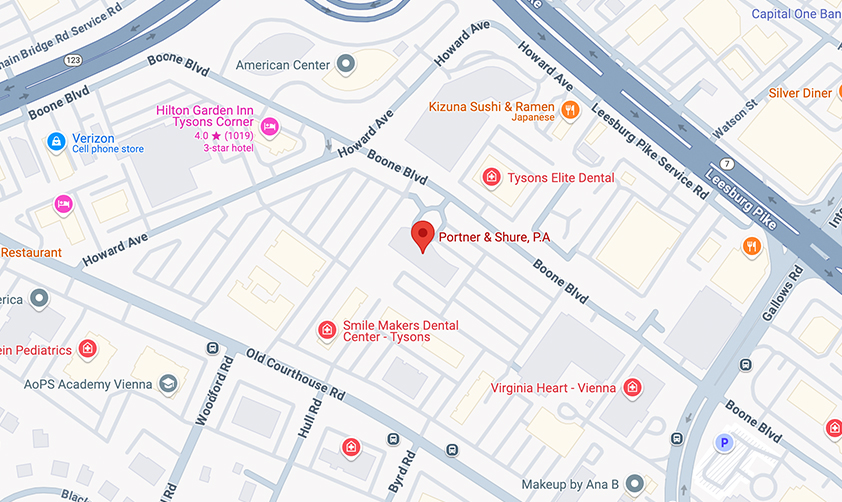Some foreign workers are eligible to obtain visas to enter the U.S. for employment purposes on a temporary or permanent basis.
The two main categories of employment-based visas are nonimmigrant and immigrant visas. Non-immigrant employment visas only allow foreign workers to enter and work in the U.S. for a certain amount of time. Immigrant employment visas allow a foreign worker to obtain a green card.
NON-IMMIGRANT EMPLOYMENT VISAS
Non-immigrant employment visas allow foreign workers to enter and work in the U.S. for a specified period of time. Below are the most common categories:
H -1B Visa
An H1B visa enables employers to hire foreign nationals to work in the U.S. in a “specialty occupation”.
Length of Stay
An initial H1B visa can be granted to a foreign national for up to three years. The H1-B visa can be extended for up to a combined total of six years.
Requirements for H-1B visa
To qualify for H-1B visa, the foreign national must meet the following requirements:
- Have a minimum educational level of a bachelor’s degree;
- Have a valid job offer from a U.S. employer
- The job offer must be for a “specialty occupation” position meets at least one of the following requirements:
- A bachelor’s or higher degree or its equivalent is normally the minimum entry requirement for the position; or
- The degree requirement is common to the industry in parallel positions among similar organizations or, in the alternative, the position is so complex or unique that it can be performed only by an individual with a degree; or
- The employer normally requires a degree or its equivalent for the position; or
- The nature of the specific duties is so specialized and complex that the knowledge required to perform the duties is usually associated with attainment of a bachelor’s or higher degree.
The current law limits to 65,000 the number of nonimmigrants who may be issued a visa or otherwise provided H-1B status each fiscal year. An additional 20,000 visas are available for those applicants who possess a U.S.-earned masters or higher degree (or equivalent).
TN Visa
TN visa was created under the North American Free Trade Agreement (NAFTA), which created special trade relationships for the U.S., Canada, and Mexico.
Requirements for TN Visa
- Canadians and Mexicans citizens may be eligible to work in the U.S. on TN visa as a professional under the following conditions:
- The applicant is a citizen of Canada or Mexico;
- The prospective job offer is a profession on the NAFTA list (See Appendix 1603.D.1 of NAFTA Chapter for a complete list of professions and minimum requirements under NAFTA).
- The applicant will work in a full-time or part-time job for a U.S. employer (self-employment is not permitted); and
- The applicant has the required NAFTA qualifications, meeting the specific education and/or experience requirements of the profession.
- With some exceptions, each profession requires the applicant to possess a Bachelor’s degree. In some professions, an alternative to a Bachelor’s degree is related to experience or special licensing.
Length of Stay
TN visa status allows Canadian or Mexican citizens to live and work in the U.S. for up to three years at a time. TN status can be renewed for an additional three-year period. There is no maximum number of years for TN visa status, you must be able to show that you intend to leave.
L-1 Visa
L-1 work visas are for foreign workers transferring from a company abroad to work in the U.S. for a related company. This visa requires that the foreign worker hold an executive or managerial position, or has specialized knowledge about company products or processes.
Requirements for an L-1 Visa
To qualify for an L-1 visa, you must:
- Have been employed in a foreign country for at least one year of the last three for a company related to the employer in the United States. Any time spent working in the United States will not count toward the one year of required employment.
- The foreign company and the U.S. company must have a “qualifying relationship.” The foreign company may be a parent, affiliate, or subsidiary of the prospective U.S. employer. The U.S. and the foreign company must have common majority ownership or common control by the same persons or entities.
- Furthermore, you must be coming to work as an executive, manager, or employee with “specialized knowledge.”
- An “executive” directs the management of the company or a major part or function of the organization. A “manager” directs the organization or a department or supervises a core function of the organization. Specialized knowledge refers to employees with particular knowledge of the company's products or particular knowledge of the company's processes or procedures.
Length of Stay
L-1 visas are granted for up to three year periods and are renewable. Executives and managers are granted L-1A status, and may remain in the United States for up to seven years. Employees with specialized knowledge are given L-1B visas, and may stay in the U.S. for up to five years.
Our attorneys can help answer any questions you have about the process, whether you are interested as an employer or as a potential foreign worker
IMMIGRANT VISAS
Approximately 140,000 employment immigrant visas are made available each year to qualified foreign workers. Employment immigration visas are granted to foreign workers under one of five preference categories:
- EB-1 Visas for Persons of Extraordinary Ability, Outstanding Professors & Researchers, and Multinational Executives and Managers
- EB-2 Visas for Members of Professions Holding Advanced Degrees or Individuals of Exceptional Ability
- EB-3 Visas for Professionals, Skilled, and Other Workers
- EB-4 Visas for Special Immigrants
- EB-5 Visas for Investors and Job Creators
A three-step process is usually followed to obtain one of these employment-based visas:
- Employer obtains a labor certification from the U.S. Department of Labor. Only some categories require labor certifications. For categories requiring Labor Certification from the Department of Labor (DOL), a sponsoring employer must demonstrate that there are no suitable US citizen applicants for the position.
- Employer files an immigrant petition with the U.S. Citizenship and Immigration Services. Depending on the type case, the foreign worker may be able to file without an employer.
- Foreign worker files an application to adjust status with the USCIS or files a visa application with the U.S. Department of State
Depending on the employment category of the foreign worker, slight differences in the process may occur. One of our experienced immigration attorneys at Portner & Shure can help you determine which category fits your needs and assist you through the process.







